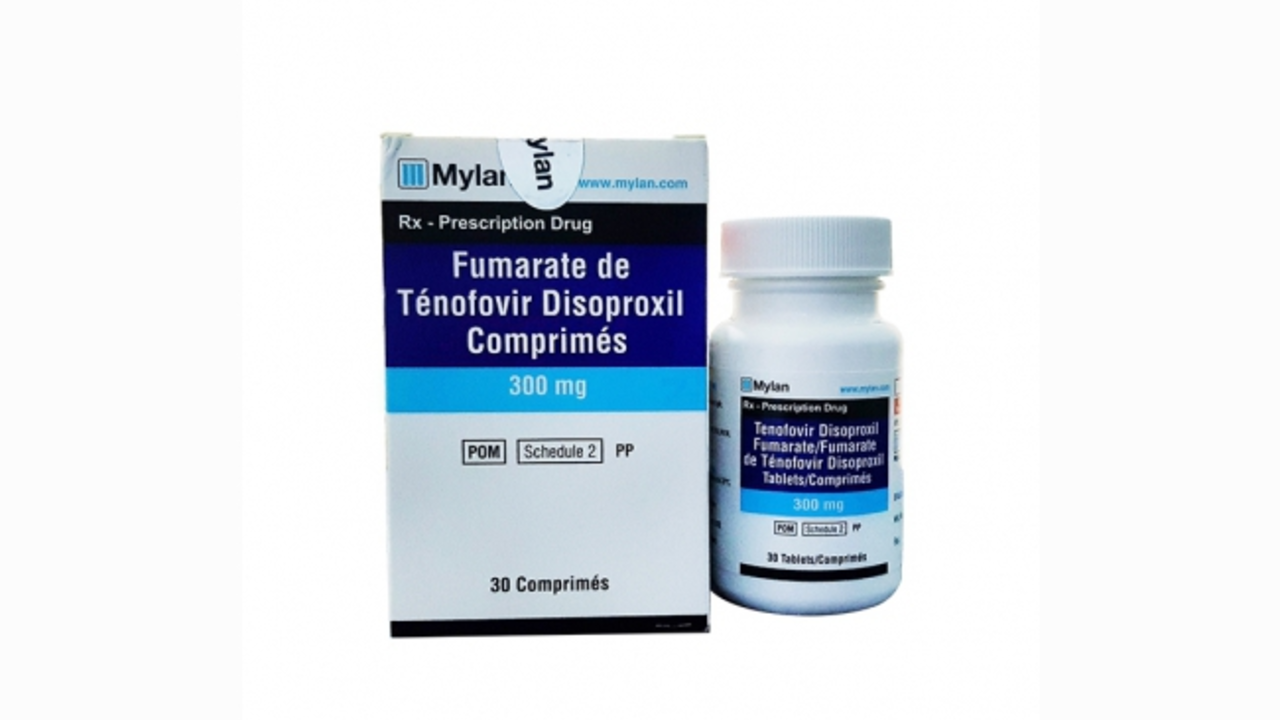Disoproxil fumarate — what it is and what you should know
Disoproxil fumarate is a chemical form used to deliver the active drug tenofovir as tenofovir disoproxil fumarate (TDF). You’ll see it in HIV treatment and prevention and in hepatitis B medication. If you’re reading this because you spotted the name on a label or online, this page gives a quick, practical picture: how it works, common issues, and smart safety steps.
How it works and common uses
Disoproxil fumarate is not the antiviral itself — it’s a prodrug carrier. That means it helps tenofovir get absorbed into the body better. Once inside cells, tenofovir blocks viral enzymes that the HIV or hepatitis B virus needs to replicate. Clinically, TDF is used in many combination pills for HIV (treatment and pre-exposure prevention) and as a standalone or combo for chronic hepatitis B.
Why this matters: the prodrug form improves oral absorption so lower pill doses can reach effective levels. That makes it practical for once-daily dosing in many regimens.
Safety, side effects, and practical tips
Common side effects are mild: nausea, headache, or fatigue. More serious issues are rare but important. TDF can affect kidney function and bone density in some people. Your doctor will usually check kidney tests and sometimes a bone scan for long-term use. If you have existing kidney disease, diabetes, or take other kidney-affecting drugs, mention that to your prescriber.
Pregnancy and breastfeeding: discuss with your clinician. Some regimens including TDF are used in pregnancy when benefits outweigh risks, but decisions should be individualized.
Drug interactions: TDF doesn’t interact with everything, but it can add kidney strain when combined with certain medications (like some antivirals, NSAIDs, or certain antibiotics). Always tell your provider about all medicines and supplements you take.
Buying and storage tips: Only use trusted pharmacies. If you buy online, check for a valid pharmacy license, clear contact details, and secure payment pages. Never buy medicines from sites that don’t ask for a prescription when one is normally required. Store tablets at room temperature, away from moisture and direct heat.
What to watch for day-to-day: monitor for unusual tiredness, persistent nausea, decreased urine output, or sudden bone pain. Any of these should prompt a call to your healthcare team. Routine lab checks (kidney function and viral load for HIV patients) matter — they catch issues early.
Final practical note: disoproxil fumarate shows up on labels because it helps tenofovir work well as a pill. It’s effective and widely used, but like all medicines it needs follow-up and common-sense safety checks. If you’re unsure about a prescription, side effect, or online seller, ask a pharmacist or doctor before you start or switch treatment.

